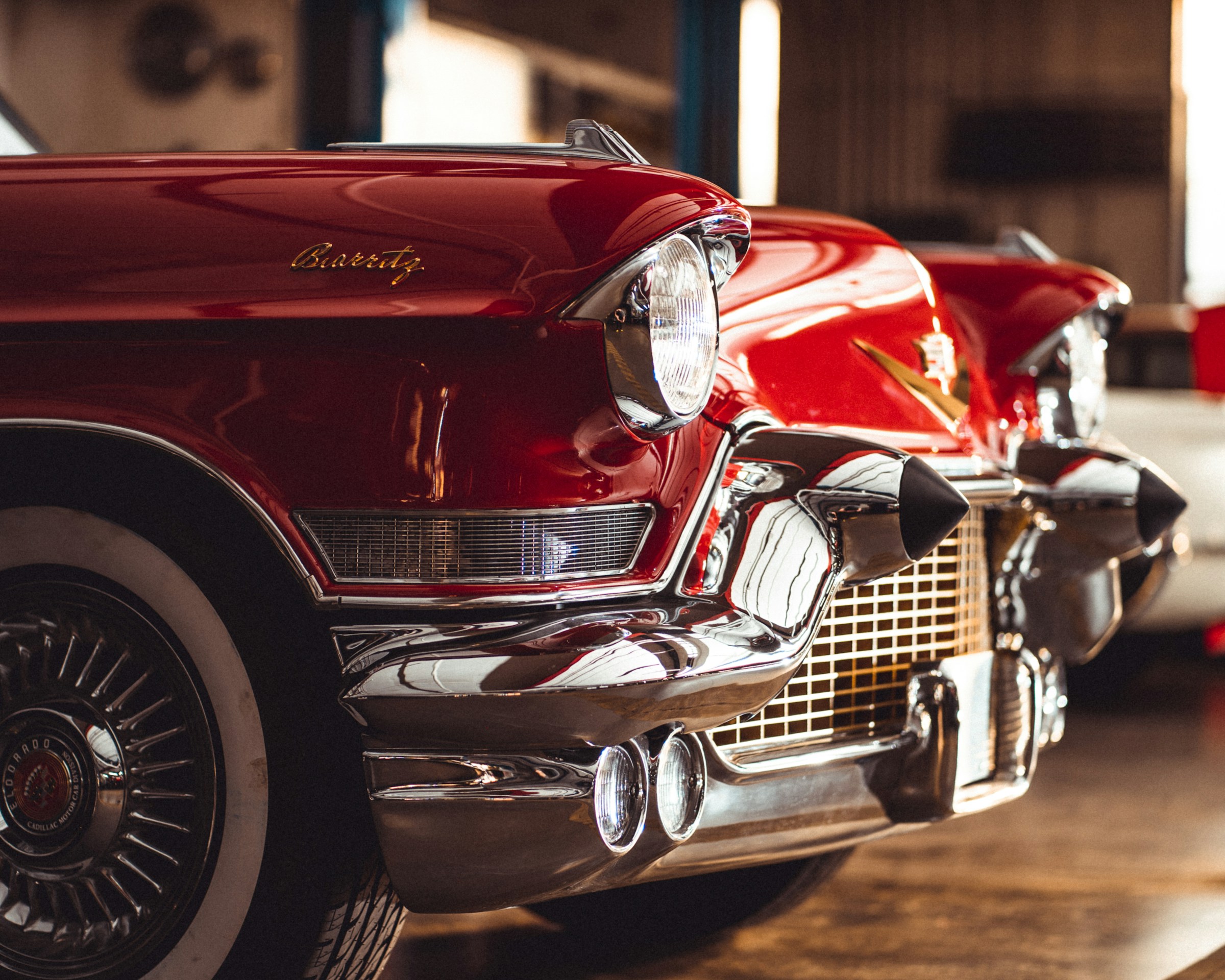For many families, cars are more than just machines, they are memories on wheels. A classic muscle car restored in the garage, a vintage convertible passed down for generations, or a rare collectible acquired after years of searching all carry emotional weight that goes far beyond their market value. But when it comes time to pass these vehicles from one generation to the next, families often discover that ownership transitions are anything but simple.

Classic and collectible vehicles are unique assets: part passion project, part financial investment. Unlike a house or bank account, they come with special considerations around maintenance, valuation, and legal transfer. Without careful planning, disputes can arise, titles can get tangled in probate, and the cars meant to represent family heritage can instead become sources of conflict.
Why Classic and Collector Cars Are Complicated Assets
Cars may depreciate like most assets, but classic and collectible vehicles often gain value over time. Their rarity, condition, and provenance can make them as significant as real estate or artwork in terms of financial worth. This creates two distinct challenges:
- Emotional attachment – Family members may each feel entitled to “Dad’s Corvette” or “Grandpa’s Cadillac,” making it difficult to decide who should inherit.
- Financial disputes – If the car’s value is high, heirs may disagree about whether to keep it in the family or sell it and split the proceeds.
Unlike everyday cars, collectible vehicles often require specialized insurance, storage, and maintenance. If heirs aren’t prepared for these costs, what begins as an exciting inheritance can quickly become a burden.
Succession Planning for Automotive Collections
The easiest way to prevent disputes is to plan ahead. Families who own valuable or sentimental cars should include them in their succession planning. A proper succession plan outlines who will inherit specific vehicles, how they should be maintained, and whether they are meant to stay in the family or be sold.
This level of foresight is especially important for collectors with multiple vehicles. Without guidance, heirs may have to make difficult decisions under stressful circumstances, sometimes leading to the breakup of collections or even legal battles. A succession plan ensures clarity, prevents arguments, and helps preserve the family’s automotive legacy.
Legal Safeguards to Protect Heirs
Succession planning and estate law work hand in hand. Even if a family knows who should inherit a car, the transfer must be legally binding to avoid complications. This is where tools such as trusts and wills come into play.
A trust can assign a vehicle to a specific person while avoiding probate, speeding up the transfer process. Wills, on the other hand, allow a car owner to clearly state their wishes so there is no ambiguity among heirs. For high-value cars, involving an estate law professional is essential. Without proper documentation, ownership can remain tied up in court for months or even years, while the car sits unused.
These safeguards are especially important when a car has financial and sentimental value. Families who want to keep a collectible in good hands should not rely on verbal agreements; they should ensure the transfer is protected by law.
The Role of Vehicle History in Protecting Value
Another key factor in preserving collectible cars during inheritance is ensuring the accuracy of their history and condition. For modern buyers and insurers, a vehicle’s documented past can make or break its value.

Before transferring ownership, or even adding a car to a collection, families should run a VIN check. This report reveals accident history, title issues, odometer discrepancies, and any outstanding liens. For classic cars, it can also help verify authenticity, which is especially critical when selling or insuring the vehicle.
By confirming a car’s background, heirs can avoid surprises and ensure that the collectible retains its full market value. This is particularly important if the vehicle may be sold in the future, since buyers will demand documentation before paying a premium price.
Protecting Both Legacy and Vehicles
Classic and collectible vehicles hold a special place in families, blending passion, memory, and financial significance. But with that significance comes complexity. Unlike ordinary cars, they cannot simply be passed down without planning.
The challenges of transferring ownership, emotional disputes, legal hurdles, and financial concerns, can be avoided with the right preparation. A thoughtful succession plan provides clarity, legal safeguards ensure heirs are protected, and a thorough VIN check preserves the car’s value.
Ultimately, passing down a classic car isn’t just about giving someone a set of keys—it’s about transferring a legacy. With careful planning, families can ensure that these cherished vehicles continue to bring joy for generations to come, rather than becoming a source of conflict or financial strain.
Article Last Updated: September 30, 2025.
